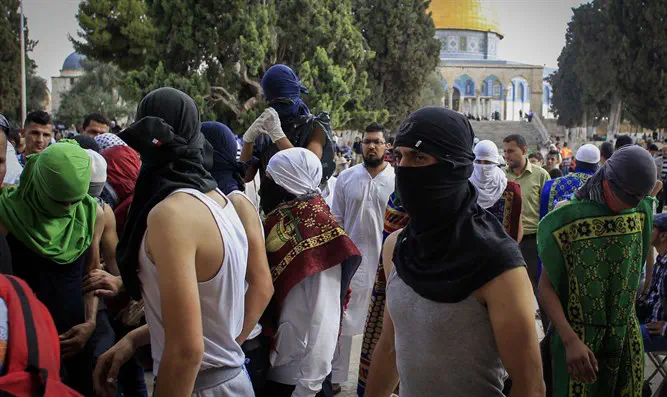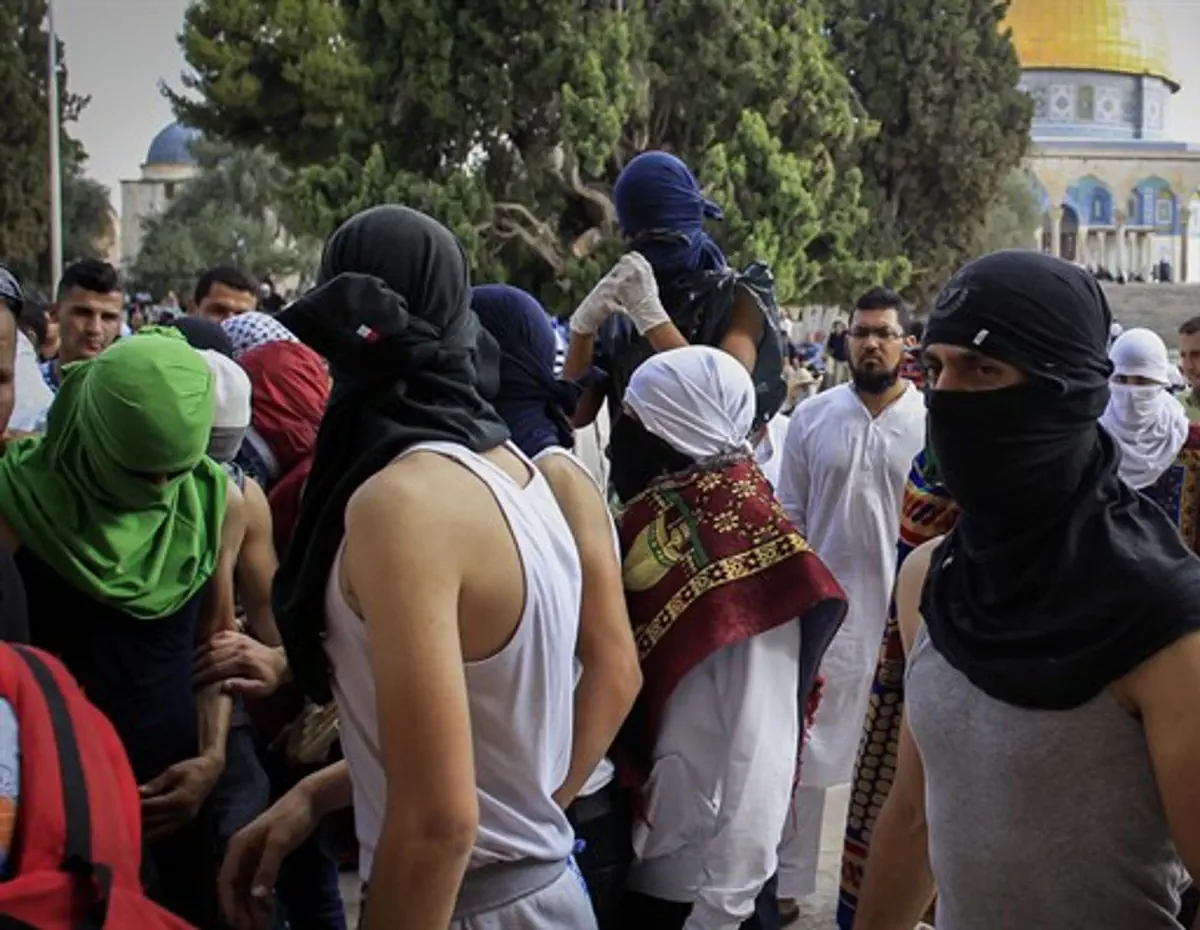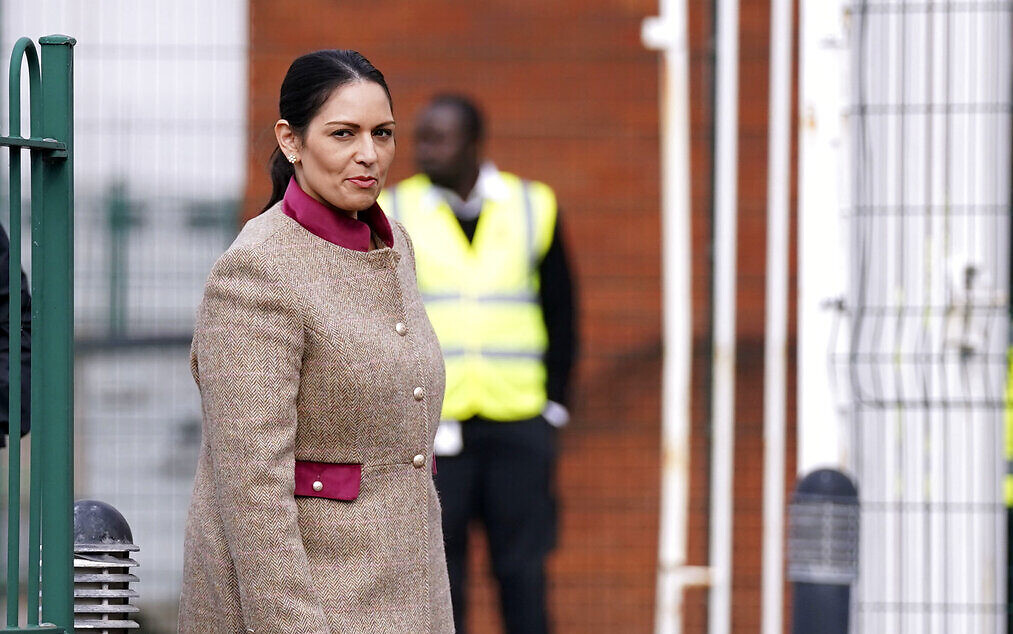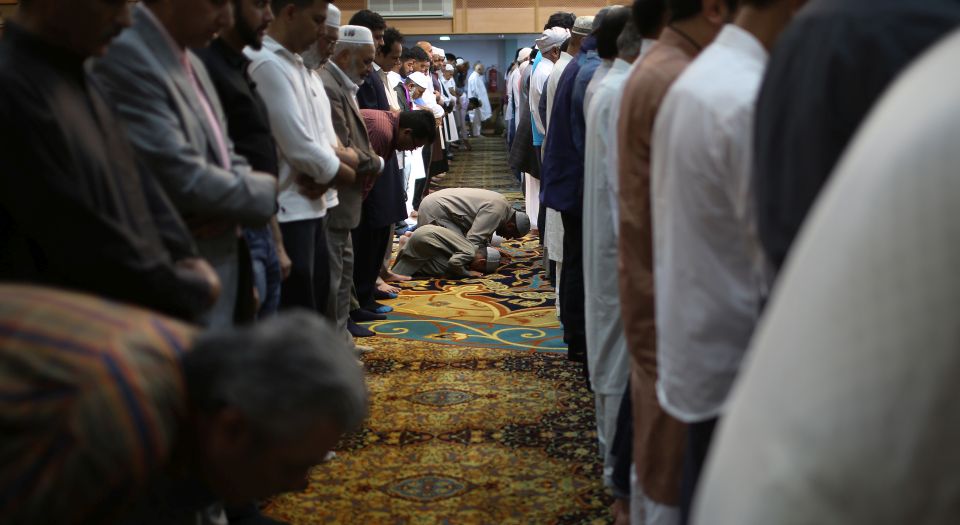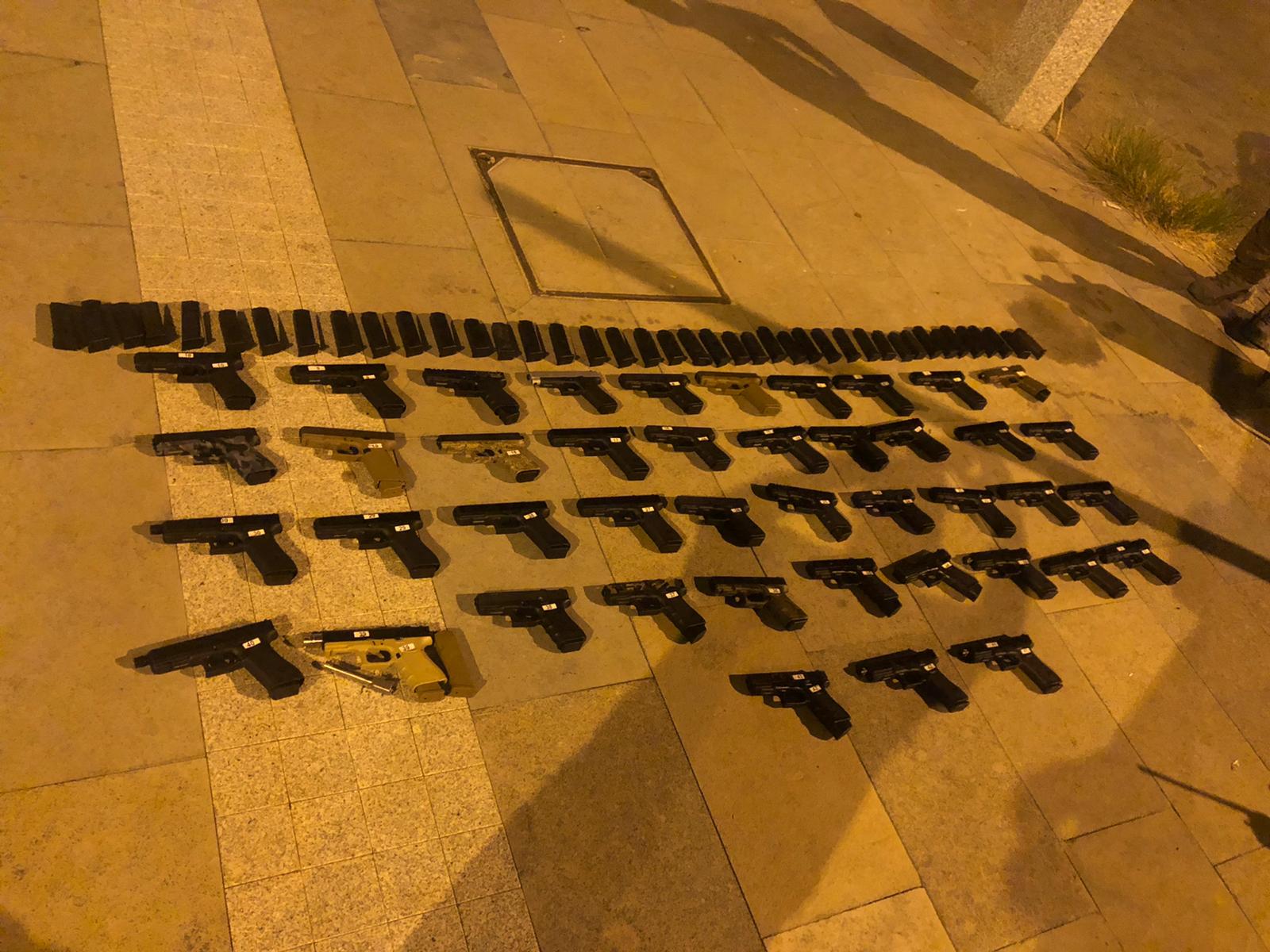Sixties Fan
Diamond Member
- Mar 6, 2017
- 60,443
- 11,473
- 2,140
- Thread starter
- #761
Put that photo in context for a moment.
Here is the head of the Israeli Air Force, loathed in wide swaths of the Middle East for its sorties over Syria and Gaza and its vaunted ability to project Israeli power, meeting in the open in an Arab country with counterparts from the UAE and Jordan. The head of Germany’s air force, Lt.-Gen. Ingo Gerhartz, was also in the picture, but there is nothing remarkable about that.
-------
It was one thing for Egypt and Jordan – as well as other countries in the Arab world that did not have diplomatic ties with Israel – to hold discreet talks for decades with IDF officers and officials in back rooms. This they would do quite readily. But it was quite another to do so in the open, with cameras clicking.
The Abraham Accords in 2019 changed that dynamic. What these accords brought was a willingness on the part of Arab countries with whom Israel now had diplomatic relations to bring these ties – including military and intelligence ties – out into the open.
(full article online)

 www.jpost.com
www.jpost.com
Here is the head of the Israeli Air Force, loathed in wide swaths of the Middle East for its sorties over Syria and Gaza and its vaunted ability to project Israeli power, meeting in the open in an Arab country with counterparts from the UAE and Jordan. The head of Germany’s air force, Lt.-Gen. Ingo Gerhartz, was also in the picture, but there is nothing remarkable about that.
-------
It was one thing for Egypt and Jordan – as well as other countries in the Arab world that did not have diplomatic ties with Israel – to hold discreet talks for decades with IDF officers and officials in back rooms. This they would do quite readily. But it was quite another to do so in the open, with cameras clicking.
The Abraham Accords in 2019 changed that dynamic. What these accords brought was a willingness on the part of Arab countries with whom Israel now had diplomatic relations to bring these ties – including military and intelligence ties – out into the open.
(full article online)

Photos of IDF officials meeting with Arab nation counterparts are important - editorial
Israeli Air Force commander Mag.-Gen. Amikam Norkin was photographed at the Dubai Air Show with the commander of the UAE Air Force.
